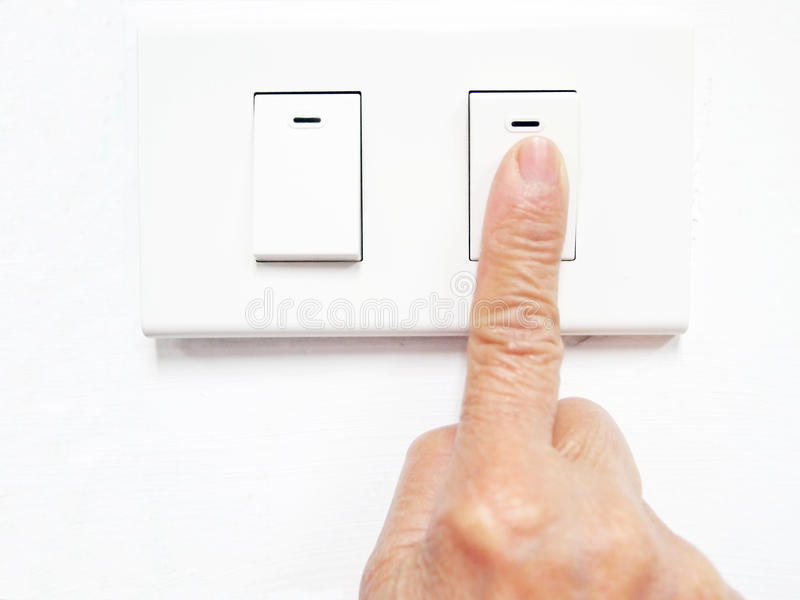RIO DE JANEIRO, BRAZIL – Brazil’s Minister of Mines and Energy, Bento Albuquerque, denied Monday that the country could be on the verge of power rationing but urged economic sectors and citizens to avoid waste.
“Brazil is facing one of the worst droughts in its history,” Albuquerque said in a radio and television broadcast in which he admitted that “water shortages have caused concern in many, with the possibility of rationing” of the service, as happened in 2001.

However, he asserted that the national electric system network “has evolved a lot” since then and that the strong dependence on hydroelectric generators has been reduced, including new sources, such as wind, solar and nuclear.
Faced with what he considered the “worst drought in the last 91 years”, which is concentrated mainly in the central-western and southern regions of the country, the minister indicated that his office is working with “the organized civil society and the regional governments”. He also said that he is in “permanent dialogue” with the economic sectors.
Within this framework, he explained that “in partnership with the industry”, an action program will be developed to increase the workload at times of less energy demand and reduce it when consumption increases to contribute to greater savings.
He also said that “it is essential that the service sectors” and other areas of the economy join in “this effort” and called on the public to make “a conscious use of water and energy” to “avoid waste” and help reduce “the pressure on the electricity system”.
According to some specialists, the current drought, which will worsen in the coming months, is due to several factors.
Read also: Check out our coverage on the drought in Latin America
Among them, they cite the natural phenomenon of La Niña, which causes less rainfall in southern Brazil, and Amazon deforestation, which has been on the rise since January 2019, when right-wing Jair Bolsonaro took office.

